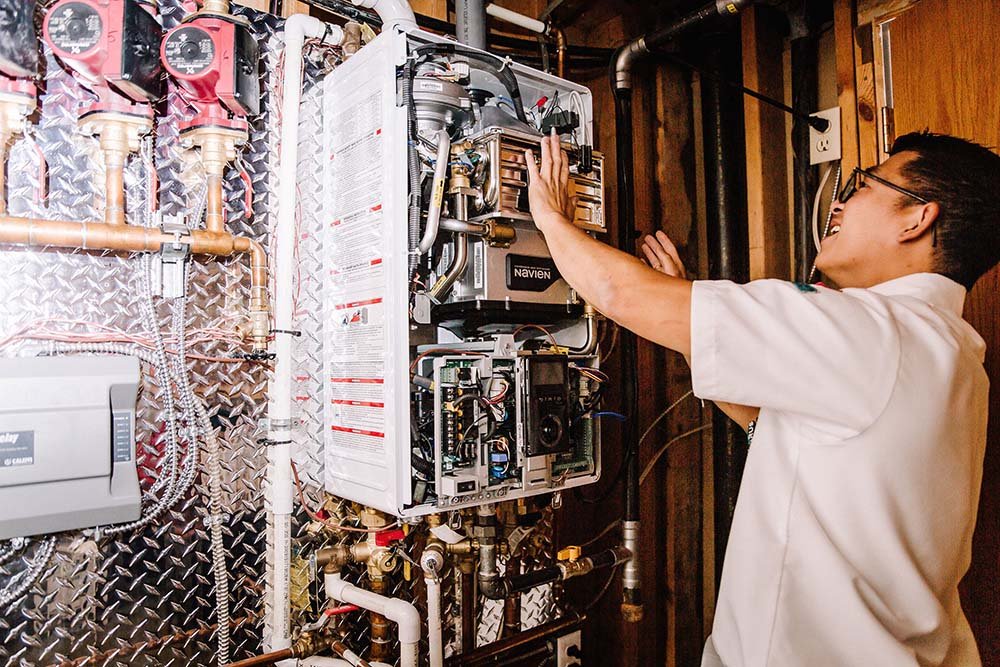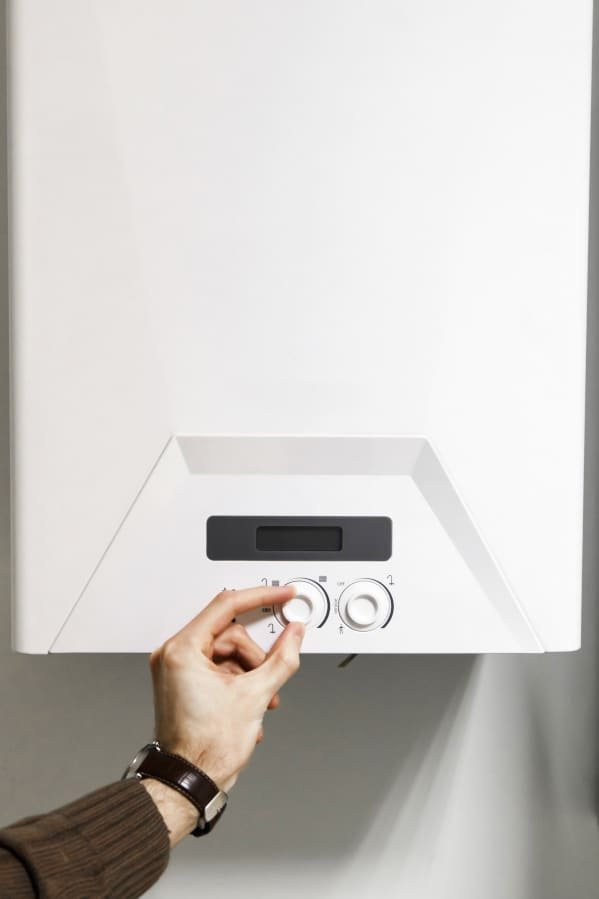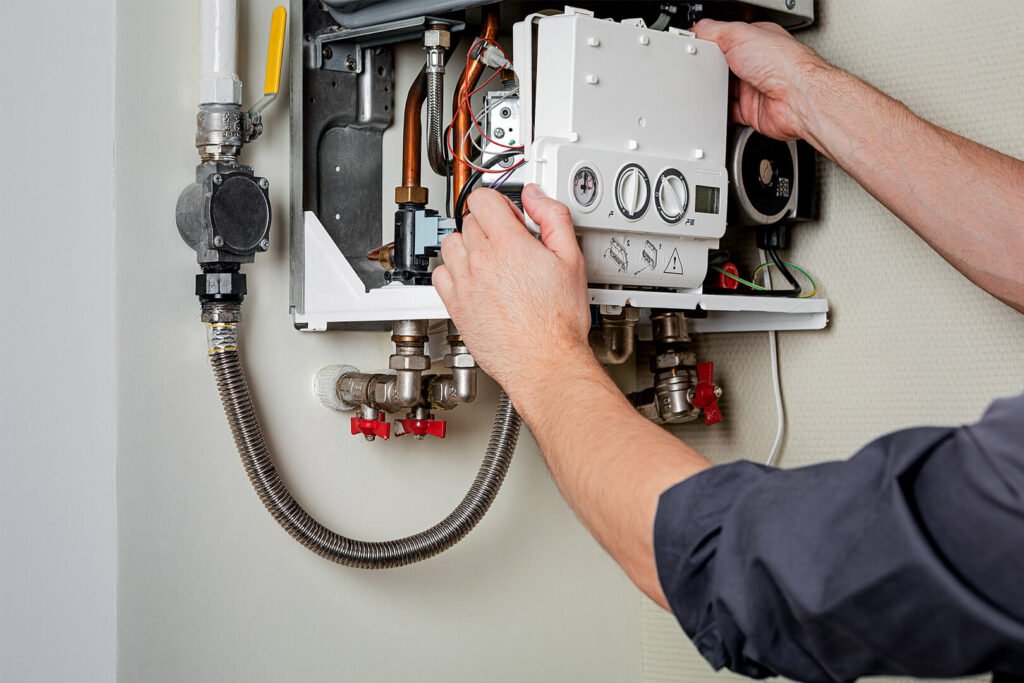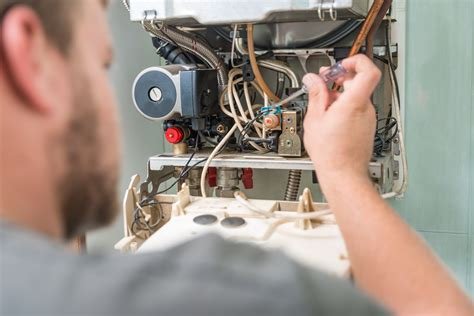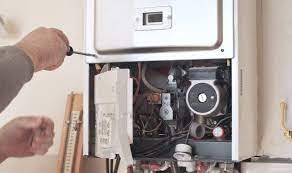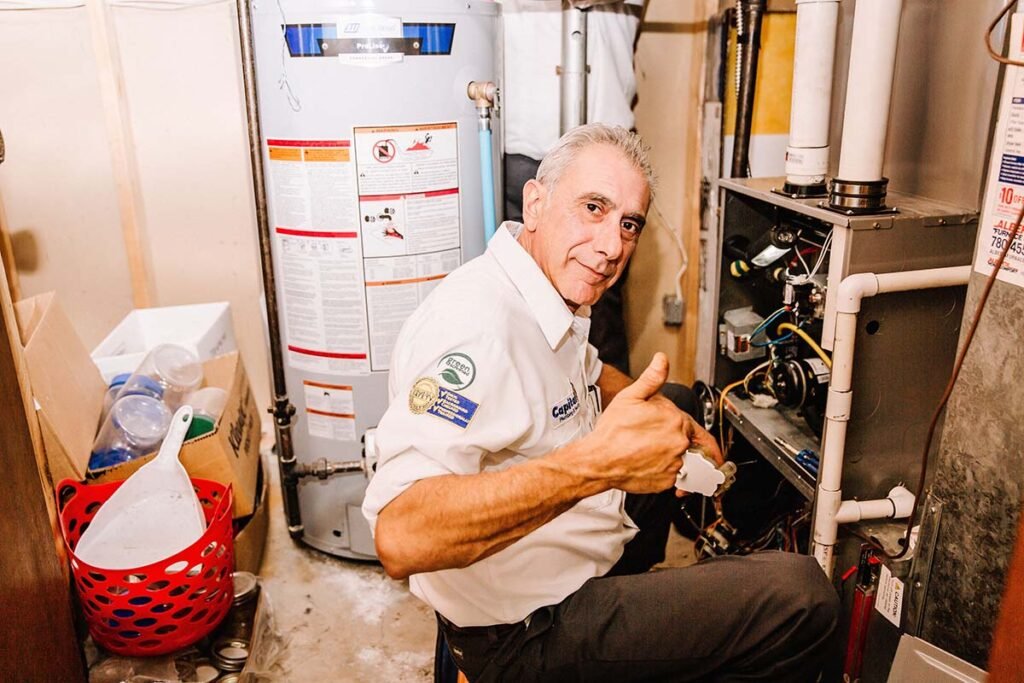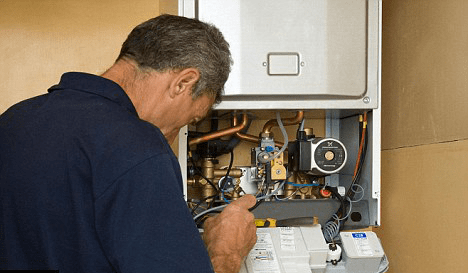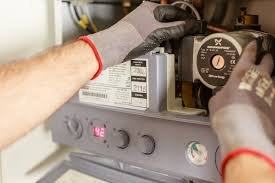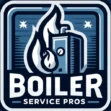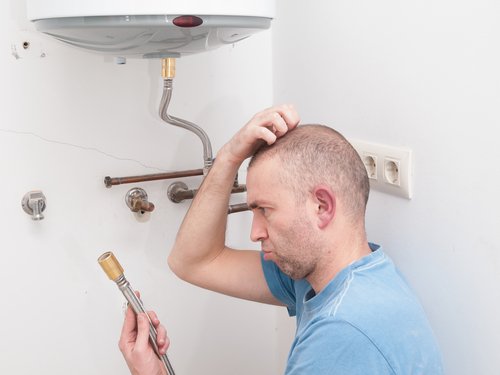Boiler Repair Devon - The Preeminent Heating and Plumbing Services in Devon, Alberta
Boiler Service Pros in Devon is the go-to contractor for extensive boiler services. Renowned for our professionalism, we specialize in repairs & maintenance, ensuring peak efficiency for all heating systems. Our team of certified professionals is known for delivering high-quality workmanship suited for each customer's unique needs. Our commitment to prompt service makes us a top choice among Devon residents. Additionally, our company stays updated with the latest industry technologies, ensuring solutions are both innovative and cost-effective. This dedication to quality and customer satisfaction solidifies our reputation as the premier boiler service provider in Devon and the surrounding areas.
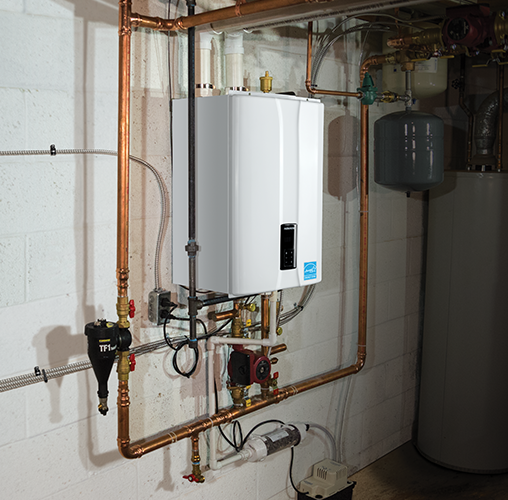
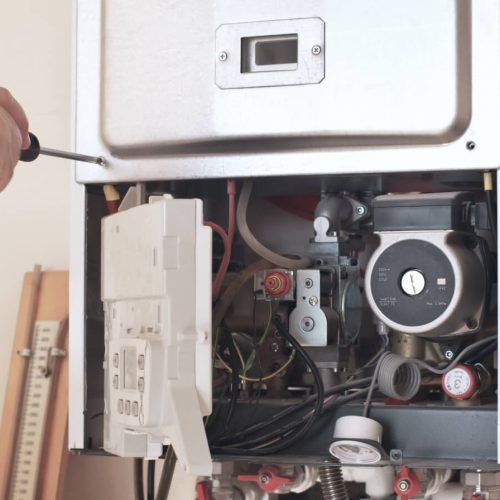
Who Are We?
Residential and Commercial Boiler Repairs & Installations
Boiler Service Pros’s team is a distinguished name in the realm of boiler repairs and installations, representing a blend of expertise, reliability, and customer-centric service. Established to provide first-class boiler solutions, this contractor has carved a niche in the heating system industry. Our services encompass a comprehensive range of boiler-related work, including expert installations, intricate repairs, and routine maintenance, catering to residential and commercial sectors.
At the heart of Boiler Service Pros operations lies a team of seasoned and certified experts. Our pros are skilled in handling a variety of boiler types and consistently update their skills to stay knowledgeable of the latest technological advancements and industry standards. This commitment ensures they are well-prepared to tackle any boiler problem, whether a traditional model or the latest environmental-friendly system.
What sets Boiler Service Pros apart is our dedication to customizing services to meet each client’s unique needs. Understanding that each heating unit has specific demands, they approach every project with a tailored approach, guaranteeing optimal efficiency and longevity of the heating units they repair.
Our efficient and dependable service has earned a strong reputation among our clients. They understand the importance of a functioning boiler, especially in harsh weather conditions, and aim to provide fast and effective solutions to minimize any inconvenience to their customers.
Moreover, Boiler Service Pros focuses heavily on great prices and transparency. Our attractive prices ensures that quality boiler service is accessible to a broader range of homeowners. And our transparent practices and no hidden charges foster trust and reliability.
To conclude, Boiler Service Pros is a top provider in the heating industry, distinguished by its expert workforce, commitment to customers, and dedication towards premium quality and reasonable rates. Our continuing purpose to bring supremacy in all facets of our service cements our their position as a devoted and respected name in the industry.
How can we help you?
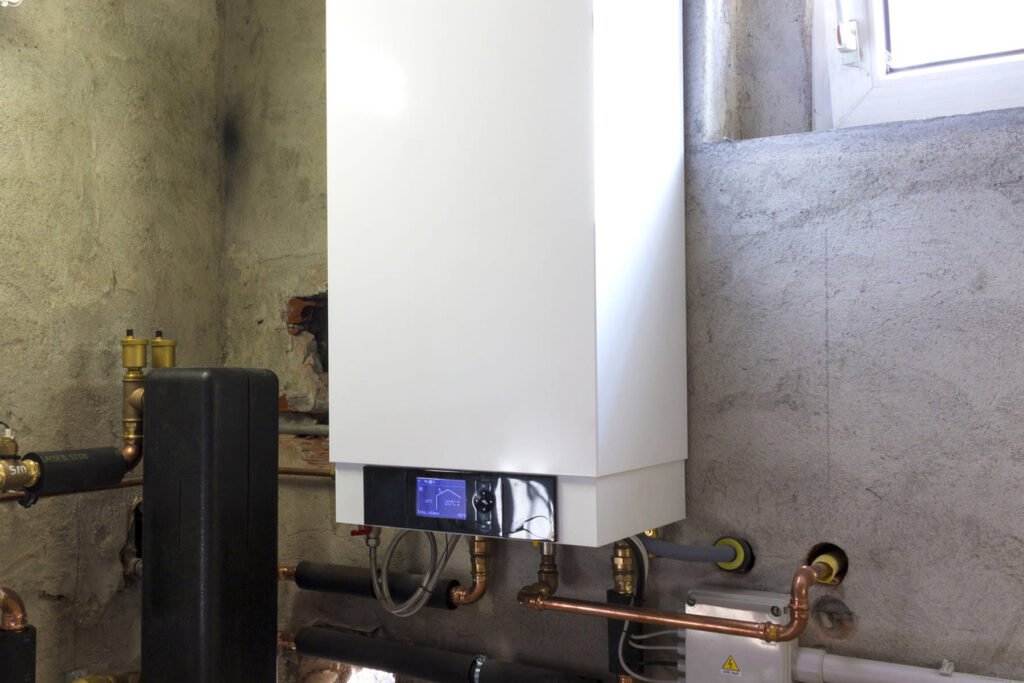
Boiler Repair vs Replacement: Making the Right Choice
Maintaining a efficient home involves focusing on the condition of your boiler. Homeowners often face the challenge of repairing or replacing an old boiler with a new one. This decision is not only about upfront expenses but also about future savings, efficiency, and safety. This comprehensive guide will explore the factors influencing your decision between boiler repair and replacement.
Understanding Your Boiler’s Age and Efficiency
The Lifespan of a Boiler
Boilers typically last between 15 and 20 years. If your boiler is within this age range, it’s important to consider its efficiency and the chance of increased repair needs.
Efficiency Over Time
As boilers age, they often become less efficient. This loss of efficiency can lead to higher energy bills and a less comfortable home environment. Modern boilers are more energy-efficient, which can significantly influence your decision-making process.
Analyzing Repair Costs and Frequency
Immediate Repair Costs
When facing a boiler breakdown, the immediate repair cost is a crucial factor. If the repair cost is not too high and the boiler is relatively new, repair might be the most cost-effective option.
Frequency of Repairs
These costs can add up if you’re needing repairs frequently. Regular breakdowns are a clear sign that your boiler is nearing the end of its life, and replacement might be a more financially sensible choice.
Safety Considerations
The Risk of Old Boilers
Older boilers, including carbon monoxide leaks, can pose safety risks. Regular maintenance can reduce these risks, but an aging boiler might still be a liability.
Modern Safety Features
Manufacturers design boilers with advanced safety features and adhere to safety standards. If safety concerns are paramount, upgrading to a newer model might be the best option.
Environmental Impact and Energy Efficiency
Reducing Carbon Footprint
Modern boilers are more eco-friendly. If being more environmentally conscious is a priority, investing in a new, energy-efficient boiler is wise.
Energy Savings
Although the upfront cost of a new boiler can be high, the long-term energy savings can be substantial. More efficient boilers consume less energy, leading to lower utility bills.
The Impact on Home Value
Attracting Potential Buyers
A new boiler can be an attractive feature for potential homebuyers. It suggests to potential buyers that the home is well-maintained and may reduce the buyer’s future maintenance concerns.
Return on Investment
While a new boiler can increase home value weighing, the return on investment is essential. If you plan to sell your home soon, discuss with a real estate expert whether a new boiler will significantly impact your home’s market value.
Warranty and Reliability
Warranty Benefits
New boilers often come with warranties, providing peace of mind and protection against future issues. This factor can be a decisive factor for replacement.
Reliability and Peace of Mind
A new boiler typically offers more reliability and requires less maintenance, which can be a significant advantage for busy homeowners.
When to Choose Repair
Minor Issues
For minor issues or if your boiler is relatively new, repair is usually the most cost-effective and sensible solution.
Budget Constraints
If you’re on a tight budget, repairing your existing boiler can be a temporary solution while you save for a replacement.
Short-Term Plans
Investing in a new boiler might not make financial sense if you plan to move soon. Repairing the existing unit might be the better choice for the short term.
When to Opt for Replacement
Beyond Economic Repair
If the cost of repairing your boiler is close to the price of a new one, replacement is the better choice.
Inefficiency and High Running Costs
Replacing your boiler with a more efficient model can be a wise investment when it becomes inefficient and leads to high energy bills.
Planning for the Long Term
If you plan to stay in your home for many years, investing in a new boiler can ensure comfort, efficiency, and peace of mind.
Conclusion
The decision between boiler repair and replacement depends on various factors, including age, efficiency, repair costs, safety concerns, environmental impact, home value, warranty, and your long-term plans. Considering these factors is essential for making a well-informed choice that balances short-term requirements with long-term benefits. Keep in mind, consulting with heating professionals can provide additional insights specific to your specific situation, ensuring your home remains comfortable, safe, and efficient for years.
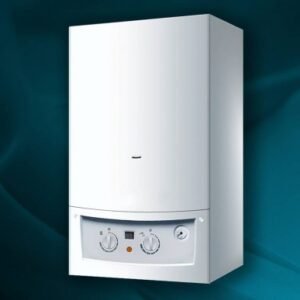
Discovering the World of Boilers: A Comprehensive Handbook to Different Types
Selecting the right boiler for your house or business is a crucial decision. With various types available, each providing unique features, it’s critical to understand the pros and cons of each to make an educated purchase. In this article, we’ll explore the different types of boilers, delving into their advantages and drawbacks to help you select the one that fits your needs.
Introduction to Boilers
Boilers are crucial components in many homes and businesses, providing hot water and heating. They work by heating water, which then gets distributed through radiators or underfloor heating systems to provide warmth.
Types of Boilers
1. Combi (Combination) Boilers
Pros:
- Compact Design: Combi boilers don’t require a separate hot water cylinder, making them perfect for smaller homes or apartments.
- Efficiency: They only heat water on demand, reducing unnecessary energy use.
- Affordable: Lower installation costs since they have fewer components.
Cons:
- Restrained Hot Water: This may not be suitable for homes with multiple bathrooms as they can only supply one hot water source.
- Pressure Issues: Their effectiveness can be affected in areas with low water pressure.
2. System Boilers
Pros:
- Steady Hot Water Supply: Can supply multiple taps or showers simultaneously.
- Energy-Saving: Like combi boilers, they are also efficient in energy use.
- Smaller Size: Though larger than combi boilers, they are still relatively compact.
Cons:
- Requires Cylinder: A hot water cylinder takes up space.
- Slight Inefficiency: The hot water cylinder can lose heat, leading to slight inefficiency.
3. Conventional (Regular) Boilers
Pros:
- Suitable for Large Homes: Suitable for homes with multiple bathrooms.
- Ideal for Older Homes: Ideal for older homes that can’t handle the high pressure of combi and system boilers.
Cons:
- Space-Consuming: Requires a cold water tank and a hot water cylinder.
- Less Efficient: More heat loss due to the hot water cylinder.
4. Condensing Boilers
Pros:
- Superior Efficiency: They reuse exhaust gases for extra heating efficiency.
- Environmentally Friendly: Lower carbon emissions.
- Energy Saving: Can save on energy bills due to their high efficiency.
Cons:
Higher Initial Cost: Typically more expensive upfront.
Affected by Cold Weather: Performance can be affected in frigid weather.
5. Electric Boilers
Pros:
- Small Size: Ideal for smaller spaces.
- Eco-Safe: Do not produce carbon monoxide or gas leaks.
- Easy Upkeep: Fewer moving parts mean less wear and tear.
Cons:
- Higher Running Costs: Electricity is usually more expensive than gas.
- Not Suitable for Large Buildings: May not be efficient for larger homes or buildings.
- How to Pick the Perfect Boiler
- Assessing Your Requirements
- Property Size: Larger homes might benefit more from system or conventional boilers.
- Bathroom Count: Multiple bathrooms require a boiler to handle simultaneous demand.
- Existing Heating System: Some homes, especially older ones, might be better suited to certain boilers.
- Energy Efficiency and Cost
- Future Savings: While some boilers are more expensive up front, their energy efficiency can lead to savings in the long run.
- Budget Constraints: Consider installation and running costs.
- Eco-Impact
- Lowering Environmental Impact: If environmental impact is a concern, condensing or electric boilers might be the preferred choice.
- Installation and Maintenance
- Expert Installation
- Safety and Compliance: Always use a qualified professional for installation to ensure safety and compliance with local regulations.
- Regular Maintenance
- Maintaining Efficiency: Regular maintenance can prolong the boiler’s life and ensure it runs efficiently.
Final Thoughts
Selecting the right boiler involves balancing various factors, including size, efficiency, cost, and environmental impact. By understanding the different types of boilers and their respective pros and cons, homeowners and business owners can make a more educated choice that meets their specific needs. Consider a boiler professional for personalized advice.

Recognizing the Importance of Consistent Boiler Maintenance
Often neglected, routine boiler servicing is crucial for home upkeep. As the centrepiece of your home’s heating system, the boiler plays a key role in ensuring a cozy and safe living environment. In this article, we’ll thoroughly examine why boiler servicing is crucial, its benefits, and the recommended frequency for servicing.
The Importance of Boiler Servicing
Extending The Life of Your Boiler: Like any machines, boilers undergo wear and tear. Regular servicing helps in detecting potential issues before they turn into costly repairs. By maintaining your boiler, you greatly prolong its lifespan, ensuring it operates efficiently for many years.
Safety First: Safety is among the key reasons for routine boiler servicing. A malfunctioning boiler can be hazardous, potentially leading to carbon monoxide leaks. These invisible, scentless fumes are a severe health hazard. Regular maintenance checks can detect such risks early, protecting you and your family.
Efficiency and Performance: A properly serviced boiler runs more effectively. Over time, boilers can accumulate dirt and debris, which can hinder their performance. Regular servicing ensures your boiler works at its best, which can also reduce energy expenses.
How Often Should You Service Your Boiler?
The general recommendation is to service your boiler annually. This frequency ensures that any issues are identified quickly and that your boiler remains in good working condition. Some manufacturers may also require annual servicing to keep the warranty valid.
What Happens During a Boiler Service?
Inspection and Cleaning: During a standard boiler service, the heating system’s parts are thoroughly inspected and cleaned. A boiler service includes examining the burner, heat exchanger, and other key components for any signs of wear or damage.
Performance Tests: The engineer will run tests to confirm the boiler’s efficient and secure operation. The performance tests encompass checking the flue for obstructions and testing the boiler’s controls.
Safety Checks: Safety checks are a vital part of the service. Checks include checking for any gas or carbon monoxide leaks and ensuring that all safety devices are functioning correctly.
DIY vs. Professional Boiler Servicing: Although a few minor maintenance tasks can be handled by homeowners, like releasing air from radiators or inspecting pressure levels, it’s essential to have a professional service your heating system. Certified engineers have the skills and tools to perform a comprehensive service, ensuring your boiler is safe and efficient
Signs You Need to Service Your Boiler
- Unusual Noises: Strange sounds like hammering, whistle-like, or gurgling are warnings that your boiler needs attention.
- Reduced Efficiency: If your heating bills are increasing without an apparent reason, it could be due to an ineffective boiler.
- Water Leaks: Any indication of water leakage around your boiler signals that it needs servicing.
- When your boiler randomly turns off or doesn’t provide even heating, it’s the right moment to schedule a service appointment.
Maintenance Suggestions
- Regularly inspect your boiler for signs of wear, leaks, or any other problems.
- Ensure the area surrounding your boiler free from clutter. A clean space facilitates adequate ventilation and facilitates problem identification.
- Regularly inspect the boiler’s pressure gauge. A drop in pressure might signal a leak or other potential problems.
The Cost of Neglecting Boiler Maintenance
Neglecting boiler maintenance can result in costly damage or even the need for replacement. Furthermore, an inefficient boiler can significantly increase your energy costs. In the most severe situations, unattended boilers can create serious health hazards because of carbon monoxide poisoning.
Finding the Right Professional for Boiler Servicing
When looking for a professional to service your boiler, ensure they are Gas Safe registered (or the equivalent in your country). This certification is a testament to their expertise and knowledge in handling boiler systems effectively and efficiently.
To Conclude
Carrying out scheduled boiler servicing is more than just a chore on your home maintenance checklist; it’s crucial. It ensures your boiler operates safely, effectively, and reliably. By consistently arranging for annual services, you can prevent costly repairs, lower your energy bills, and, above all else, safeguard the safety of your home. Remember, it’s at all times sensible to depend on professional expertise to guarantee top-notch boiler performance.
Comprehending Frequent Boiler Issues: An Detailed Manual
In many residential properties, boilers play an essential role by delivering both warming and hot water. Nevertheless, similar to any technical system, they may face problems over time. Understanding these common problems can help homeowners recognize and address them early, possibly saving on costly repairs. This article delves into the most common boiler issues, offering insights into their causes, symptoms, and possible solutions.
Introduction to Boiler Issues
The efficiency and lifespan of a boiler rely on regular maintenance and prompt attention to problems. Recognizing the signs of trouble early on can prevent more severe damage.
Lack of Heat or Hot Water: One of the clearest indications of a boiler problem is the absence of heat or hot tap water. This issue could arise from several factors, including malfunctioning thermostats, cracked diaphragms and airlocks, malfunctioning motorized valves, and insufficient water levels.|When you experience a lack of heat or hot tap water in your boiler, it is frequently a sign a problem. Likely causes comprise malfunctioning thermostats, cracked diaphragms and airlocks, malfunctioning motorized valves, and inadequate water levels.
- Solution: Check the thermostat and reset it if necessary. If the challenge persists, it could require professional attention to fix or fix the malfunctioning parts.|To address this, first, examine the thermostat and reset it if necessary. If the issue persists, it may require specialized assistance to swap out or fix the malfunctioning components.
Leaking and Dripping: Drips are a common boiler problem, frequently caused by a broken internal component such as a pressure valve or sealing ring.| Regularly, boilers face issues with leaks, commonly stemming from a damaged internal component like the pressure valve or sealing ring.
- Solution: Locate the source of the drip. If it’s from the pressure valve, your boiler pressure might be too high. If it’s the sealing ring, it may need replacing. In most cases, leaks require specialist repair.| Resolution: Discover the origin of the drip. If it’s associated with the pressure valve, it could indicate excessive boiler pressure. If it’s due to a damaged sealing ring, it could require replacement. In the majority of cases, leaks call for expert repair.
Strange Noises: Boilers can make different noises, including banging, whistling, or gurgling, usually due to air pockets in the system, insufficient water pressure, and limescale or sludge buildup, leading to ‘kettling.’|When it comes to strange noises, boilers can produce a selection of sounds, such as banging, whistling, or gurgling, usually caused by issues like trapped air, inadequate water pressure, and the buildup of limescale or sludge, causing what’s known as ‘kettling.’
- Solution: Releasing your radiators can get rid of air from the system. If the problem is ‘kettling,’ removing limescale and flushing the system might be required.|The remedy is simple: Bleed your radiators to get rid of any trapped air in the system. If ‘kettling’ is the issue, think about removing limescale and flushing the system as a potential necessity.
Pilot Light Goes Out: A malfunctioning thermocouple, drafts, or a buildup of deposits can result in the pilot light to shut off.|If the pilot light goes out, it could be due to a damaged thermocouple, drafty areas, or deposits buildup .
- Solution: Check for drafts or debris surrounding the pilot light. If the issue is the thermocouple, it may need to be replaced.|To resolve the problem, examine the area surrounding the pilot light for drafts or debris. If the problem is with the thermocouple, it could require replacement.
Losing Pressure: When your boiler experiences a pressure drop, it could be due to a water leak or a malfunctioning pressure relief valve.
- Solution: If you encounter this problem, inspect for any water leaks in your boiler and radiators. Should no leaks be evident, it is possible that either the pressure relief valve or the expansion vessel needs to be serviced by a qualified professional.
Frozen Condensate Pipe: Condensing boilers can experience issues in cold weather when the condensate pipe freezes, leading to the boiler shutting down.|When it’s cold, condensing boilers can experience challenges due to frozen condensate pipes, leading to the boiler shutting down.
- Solution: To resolve this issue, defrost the pipe using warm (not boiling) water and apply insulation to avoid future freezing.|The solution is to defrost the pipe with warm (not boiling) water and add insulation to avoid it from freezing again in the future.|To address this problem, defrost the pipe using warm (not boiling) water and shield it to avoid future freezing incidents.
Problems with the Thermostat: Inaccurate or inconsistent readings can affect|negatively impact your boiler’s efficiency.
- Solution: Check and realign the thermostat. Furthermore, think about upgrading it to a newer, more effective model if it’s old.
Radiator Problems: In cases where radiators are not providing sufficient heat, it could be due to sludge or air buildup.
- Solution: One solution is to bleed your radiators to release trapped air. If this doesn’t work, you may need to consider flushing the entire heating system.
Boiler Keeps Turning Off Unexpectedly: The problem may be caused by inadequate water pressure, issues related to the thermostat, or poor water flow due to shut valve, air, or pump issue.
- Solution: Check the pressure gauge and repressurize if necessary to your heating system. Ensure that the valves are not closed and the thermostat is working correctly.
Avoiding Boiler Issues
Regular maintenance is vital in avoiding many typical boiler problems. Having your system serviced by a skilled expert annually assures efficient and risk-free operation. Regular checks can also identify issues before they escalate into serious repairs.
Tips for Boiler Maintenance:
- Regular Servicing: Have your boiler serviced yearly by a qualified engineer.
- Keep an eye on your boiler’s pressure gauge consistently.
- Improve efficiency by releasing air from your radiators regularly.
- Don’t forget to regularly inspect your boiler for leaks or drips.
- Pay close attention to any abnormal noises coming from your boiler.
To Sum it Up
Having an understanding of common boiler problems is vital for maintaining a warm and comfortable home. The majority of issues, from leaks to strange noises, have clear solutions, but early detection is critical. Frequent maintenance and servicing are the best ways to ensure your boiler operates efficiently and lasts for years. Always remember, always consult a professional to handle complex or dangerous repairs when in doubt. By keeping yourself informed and proactive, homeowners can ensure their boilers remain reliable and efficient, maintaining their homes cozy and safe throughout the year.
Emergency Boiler Repairs: Why Boiler Service Pros in Devon is Your Go-To Solution
In the event of your boiler malfunctioning, it’s not just an inconvenience; it’s a disturbance to your comfort and daily life. Picking the right service provider is essential, and Boiler Service Pros is the top choice for emergency boiler issues.
One of the hallmarks of Boiler Service Pros is their swift response time. Comprehending the urgency of boiler malfunctions, they place a premium on emergencies, making sure they send a highly skilled technician promptly to resolve your issue.
Proficiency is at the forefront of Boiler Service Pros. The team includes well-trained technicians, each with extensive expertise in addressing a wide array of boiler issues. This level of expertise ensures that your boiler is in capable hands, guaranteeing efficient and precise repairs.

Our Work
